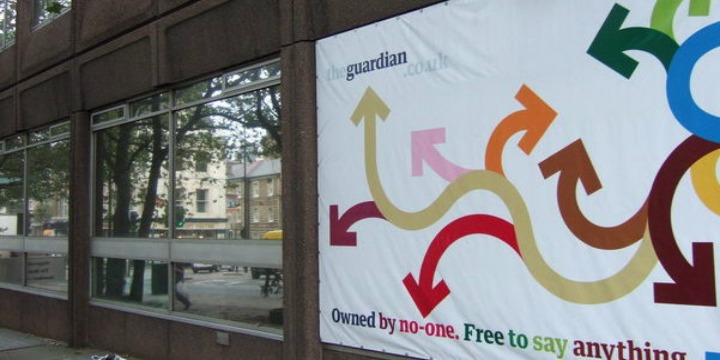Slain Palestinian had a record of participating in violent clashes against Israel and had reportedly told his mother he wanted to die as a martyr.
By Andy Levick, CAMERA UK
On December 2, 2022, at around 4 p.m., a Palestinian armed with a knife tried to break into an Israeli car in Hawara, south of Nablus (Shechem) in the West Bank (Judea and Samaria).
A man, an IDF officer on leave, and his wife were in the vehicle at the time. When the Palestinian realized the door was locked he tried to smash the window with a rock. The man shot at the Palestinian, apparently wounding him. The Palestinian, seeing a patrol of Border Police fighters nearby, approached and stabbed two of them.
The squad commander attacked the terrorist, who tried to take his weapon. The commander shot and killed him. Both the commander and a Border Police fighter were wounded.
Though selectively edited clips of the confrontation were circulated by Mohammed el-Kurd, and other irresponsible parties, showing only the shooting of the Palestinian, a longer video which included some footage of the initial struggle was tweeted by former IDF spokesperson Peter Lerner a few hours after the incident.
This may well all be true. And hopefully it will form part of a investigation which can provide the transparency to help lower extreme tensions.
— Mark Stone (@Stone_SkyNews) December 2, 2022
The slain Palestinian – reported by the Palestinian media as Imad Mahdi Naif Muflah (also as Imad Adili), 23 years old, was from the village of Usarin, southeast of Nablus – had a record of participating in violent clashes against Israel, and had reportedly told his mother he wanted to die as a “shahid” (martyr).
Though most major outlets were careful and factual in their reporting of the incident, videos and pictures of his death were circulated on Palestinian social media and by the office of PA President Mahmoud Abbas, referring to the killing as a cold-blooded “execution.”
Naturally, the Guardian – in an official editorial – decided to completely ignore the facts and, instead, further incite the Israel-hating mob. The Dec. 7th editorial was ostensibly about the dangers posed by the incoming Israeli government, but it also added this for ‘context’:
The crisis in the Holy Land is once again at “boiling point,” with blood being spilled on both sides. Tor Wennesland, the UN’s peace envoy, did not mince his words to the security council this week. The rising death toll in the West Bank, the worst since 2006, is roiling the waters. Since January, about 140 Palestinians have been killed in this territory, nearly all by Israeli forces. Palestinian attacks targeting Israelis have left 30 dead.
Days earlier, Mr. Wennesland had been “horrified” by the fatal shooting of an unarmed Palestinian man during a scuffle with an Israeli border police officer. The macabre video of the killing revealed he was right to be alarmed. Yet rather than upbraiding the officer for a public execution, the incoming national security minister, Itamar Ben-Gvir, from the far-right Jewish Power party, hailed him as a hero.
First, it’s quite telling that the BBC article the editorial links to (what editors refer to as the “macabre” video) focuses on a completely different incident – the death of another Palestinian during clashes in the village of al-Mughayyir which occurred several days prior to the incident in Hawara. Yet, nothing in the video described in that BBC article evokes an “execution”.
Further, the UN’s Wennesland was clearly expressing his “horror” about the incident in Hawara, the same incident Ben-Gvir referred to when describing the soldier as a “hero”.
So, the Guardian conflated two different incidents.
However, even if editors were clear about which incident they were referring to, their use of the term “public execution” represents a deliberate decision to use the most incendiary and morally reckless rhetoric possible in order to impute maximum malice to Israel and infinite victimhood to Palestinians – thus reinforcing the narrative fancied by the most belligerent and extremist Palestinian voices.
We’ve complained to Guardian editors, but – surprising nobody – they’ve failed to respond.





